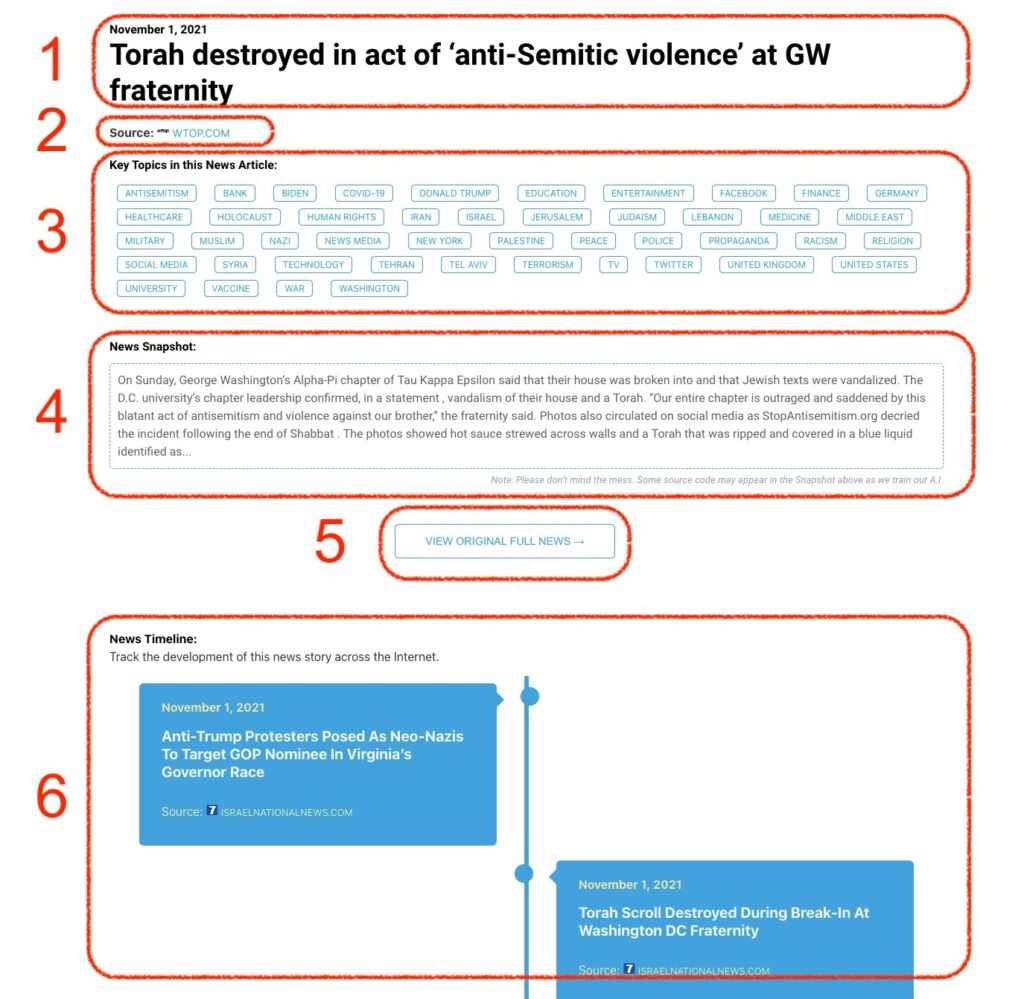From the moment her father took his Leica camera from around his neck and gave it to Dorothy Bohm as she boarded a train out of Nazi-occupied Lithuania in June 1939, she seemed fated to her vocation. Bohm – then Dorothea Israelit – was 14 at the time and the journey took her to England as a refugee; she lodged with a family in Hassocks in the heart of the Sussex countryside. She did not see her parents – eventually sent by Russian forces, separately, to detention camps in Siberia – for another 20 years. The separation, she later said,...
Monitoring Antisemitism Intel

